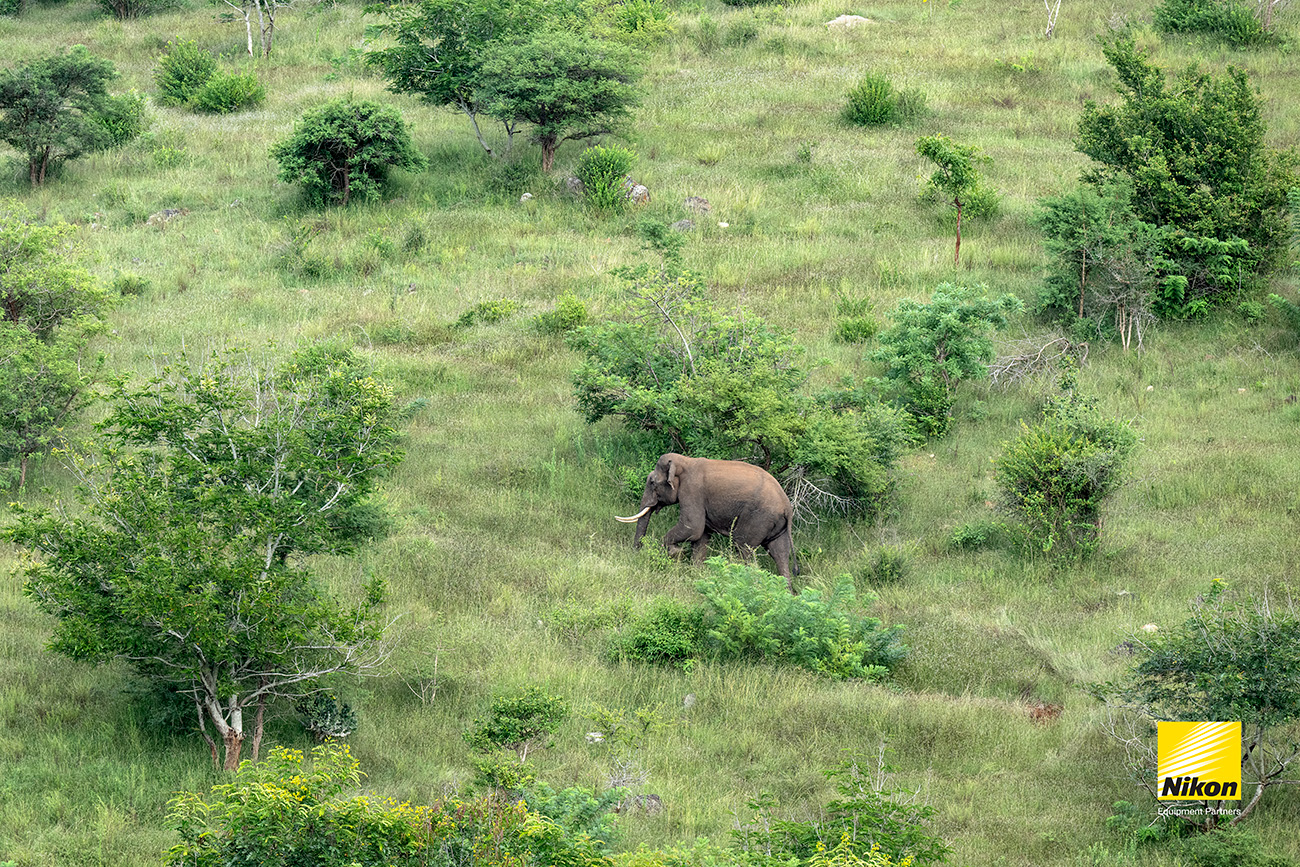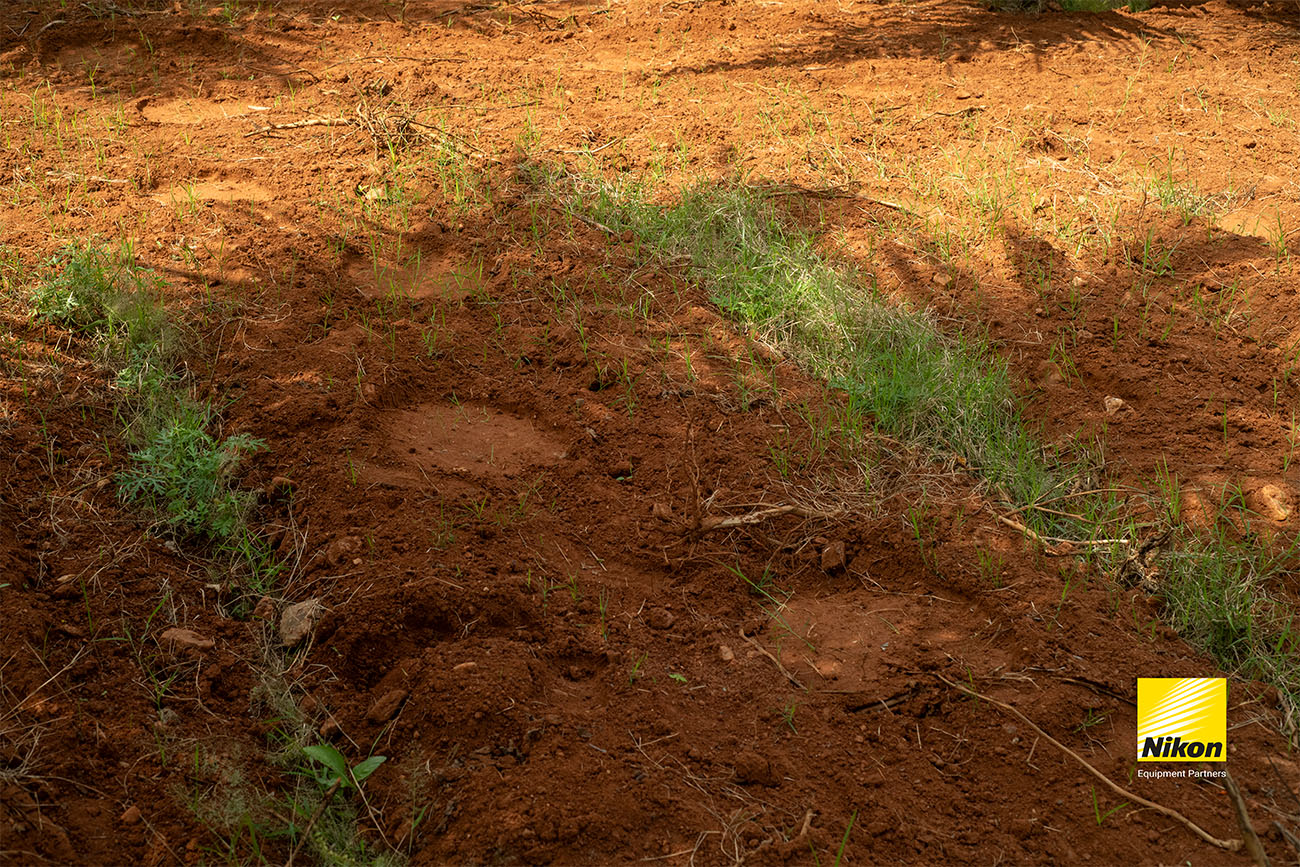Gaja Raksha Project

Gaja Raksha - A Ground-Led Effort to Address Elephant Conservation in India.
Indias forests are facing one of the most significant conservation challenges of our time. As the human population continues to rise exponentially, urban expansion, agricultural pressures, and infrastructure development are cutting deep into forest landscapes. This imbalance between development and ecological preservation has placed India’s wildlife under immense stress. One of the most visible outcomes of this crisis is the increasing tension between humans and elephants—an issue that demands urgent, field-level solutions.
Elephants, being long-ranging and highly intelligent species, require vast, connected forest habitats to thrive. Their migratory routes, however, are being interrupted by farmland, highways, settlements, and power infrastructure. Many forests have been converted into agricultural fields, yet elephants continue to perceive these transformed areas as part of their ancestral home ranges. This creates direct and recurring conflict, as elephants traverse these landscapes believing them to be safe, only to encounter hostility and danger.
Since the implementation of the Wildlife Protection Act of 1972, India has taken legislative steps to safeguard its biodiversity. The Act brought much-needed control over poaching and habitat destruction. It laid the foundation for protected areas and categorized species under different schedules for protection. In 1992, Project Elephant was launched with objectives of habitat restoration, welfare of captive elephants, and conflict mitigation. Yet despite these legal frameworks, elephant conservation faces serious challenges in field execution.
The Adavi Alert Foundations flagship initiative Gaja Raksha has emerged as a timely, field-driven response to these challenges.
Operating in Karnataka, one of India’s most conflict-prone landscapes, Gaja Raksha is built on a foundation of ecological data, community wisdom, and applied innovation. It is solely concentrated on addressing elephant-human conflicts and works to reduce them through a mix of technology and grassroots-based conservation models.

This initiative actively engages 19 forest-fringe villages to understand the root causes of conflict and offer both immediate and long-term solutions:
- Comprehensive data collection to map elephant movements, human activity, and landscape changes
- Use of AI-based models to predict conflict zones and guide early warning systems
- Community engagement, where local knowledge is respected and applied in practical conservation
- Support for frontline forest staff, including training, safety tools, and field equipment
- Restoration of habitat, focusing on native grasses and removal of invasive species like Lantana
One of the most critical and innovative components of Gaja Raksha is the introduction of a new framework to prevent elephant electrocutions. High-risk zones are mapped, and infrastructure such as exposed wires and unsafe poles are identified. The project collaborates with power authorities to implement safer designs, including insulated cabling and structural changes that reduce risk for both elephants and humans.
Gaja Raksha is also committed to collecting landscape-specific data across transformed habitats to better understand elephant behavior in these zones. These insights are essential to reframe how conflict is addressed at the ground level. While forest departments and the government, rightfully as owners of the forests, continue to work toward conflict management, we are stepping forward as responsible stakeholders, taking part in this shared mission to safeguard biodiversity. Our conservation efforts are not just supportive but participatory, reflecting a new model of collaboration between civil society and state institutions.

Despite existing policies like the Wildlife Protection Act and Project Elephant, many critical corridors have been lost to unplanned development. Some states and private stakeholders continue to use elephants in tourism and public functions, disregarding their wild nature and ecological needs. These practices must stop. Elephants are not commodities; they are living beings with deep social bonds and complex cognitive abilities.
Furthermore, the growing gap between the rising human population and the declining number of elephants worldwide is becoming a silent but serious ecological threat. The imbalance is no longer just a conservation concern—it is a warning about our collective future. The loss of elephants means the loss of forest regeneration, water security, and climate resilience.
Gaja Raksha brings together wildlife conservationists, scientific advisors, local communities, forest department officers, AI technologists, and conservation professionals to create a scalable model for other conflict zones in India. It champions the principle of conservation by people, believing that meaningful change must come from informed and empowered communities.
We invite researchers, conservationists, policymakers, responsible businesses, and every citizen who cares about India's natural heritage to join this mission. Your support whether financial, technical, or voluntary can help us deepen our impact and build resilience in one of India's most critical ecological interfaces.

Nikon India has extended its support to Adavi Alert Foundation in documenting our flagship project, Gaja Raksha. Through this collaboration, we are capturing critical field realities both challenges and moments of resilience in a way that builds public awareness and strengthens the voice for conservation. These documented stories serve not only as visual archives but also as tools for education, policy reference, and future research.
Our technology partner, Advitiya Labs, brings over 11 years of experience in building scalable solutions for conservation. Together, we are developing a unique platform called KANNIT an intelligent framework designed specifically to reduce human-elephant conflict. KANNIT integrates real-time data, predictive insights, and innovative deterrent methods to protect both people and elephants. It also supports farmers with tools to monitor movement patterns and prevent crop raids, offering a science-based approach to peaceful coexistence.
This collaboration between Adavi Alert Foundation and Advitiya Labs is built on a shared commitment to field-driven innovation. By merging our grassroots understanding with their engineering expertise, we are building practical solutions beginning with prototype projects across high-conflict areas in Karnataka. These models will later be adapted and expanded across other vulnerable regions.
At the core of all this is a belief that conservation is not a one-sided effort. Every individual is a stakeholder in protecting the natural world. We are not separate from nature we are accountable to it. Gaja Raksha is a reflection of that accountability: a dedicated, on-ground conservation movement powered by people, science, and technology.
If you believe in this cause, we invite you to join hands with us. Your support whether through collaboration, volunteering, funding, or simply spreading awareness can directly contribute to protecting India’s elephants and ensuring safer landscapes for both humans and wildlife.

Gaja Raksha is not just a project. It is a movement. A scientific, collaborative, and field-ready response to a growing crisis.
Join us. Walk with us. Conserve with us.

